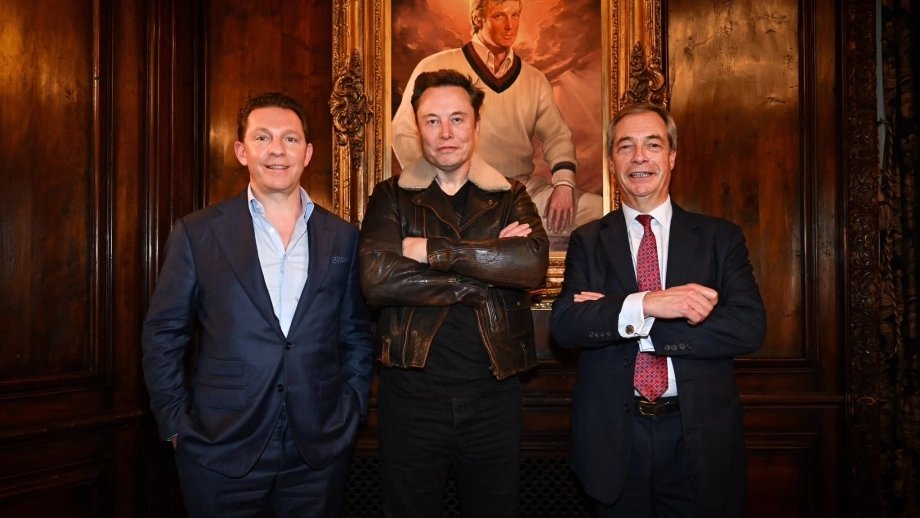In recent months, tensions between Elon Musk—CEO of Tesla, SpaceX, and X (formerly Twitter)—and the Biden administration have made headlines. What began as a public spat has now taken a surprising turn, as a key White House adviser has seemingly softened their tone toward the tech billionaire. The shift raises important questions about the evolving relationship between Washington and Silicon Valley, and what it means for the future of innovation, regulation, and political discourse.
**Background: The Musk-White House Rift**
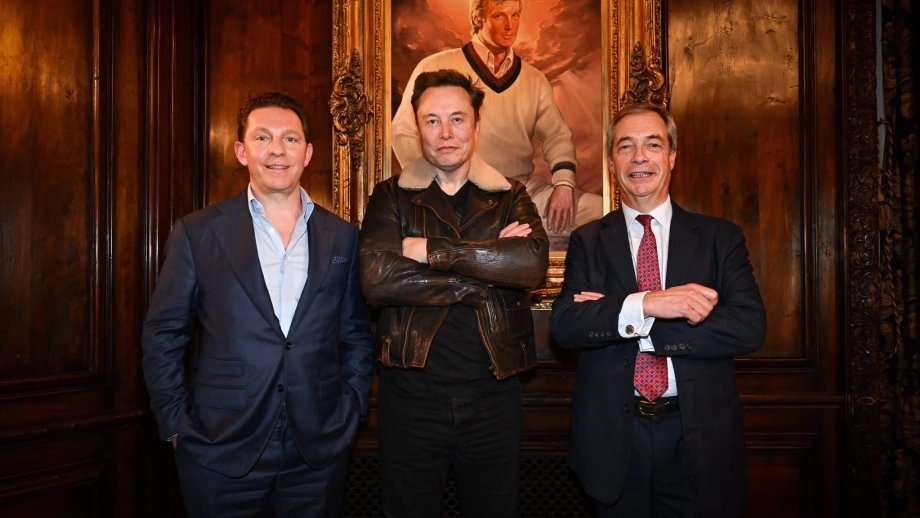
The relationship between Elon Musk and the Biden administration has been rocky since President Joe Biden took office. Musk, one of the most influential figures in the global tech and energy sectors, has repeatedly voiced frustration over being left out of key conversations about the future of electric vehicles and space exploration—two areas in which his companies are market leaders.
The White House, in turn, has often appeared reluctant to acknowledge Musk’s achievements, focusing instead on traditional automakers like General Motors and Ford when discussing EV progress. Tensions escalated when Musk criticized the administration’s policies and accused government officials of bias and censorship, especially regarding social media platforms and energy policies.
**The Public Spat: Accusations and Reactions**
In early 2025, the feud reached a boiling point. Musk took to X (formerly Twitter) to lambast what he described as the White House’s “deliberate snub” of Tesla in major policy discussions. His comments included accusations that the administration was ignoring innovation and favoring unionized companies for political gain. The posts went viral, fueling partisan debates across the political spectrum.
The administration responded firmly. A senior White House adviser, speaking on background to the press, suggested that Musk’s erratic behavior made it difficult for officials to work with him. The adviser also questioned Musk’s credibility and intentions, citing his increasingly political tone online.
**The Shift in Tone: A Calculated Recalibration**
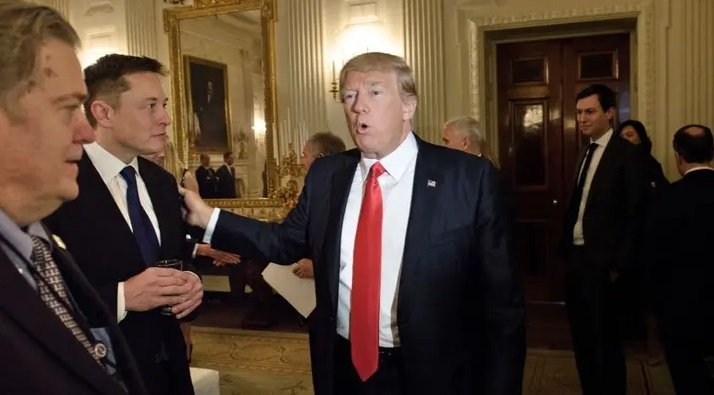
But now, in an unexpected development, that same adviser has offered more conciliatory remarks in a recent public appearance. During a policy forum focused on climate change and emerging technologies, the adviser acknowledged Musk’s contributions to the clean energy transition and praised Tesla’s role in accelerating the adoption of electric vehicles.
“We may not always agree on tactics or tone,” the adviser said, “but there’s no denying that Mr. Musk and his companies have driven significant innovation in critical areas. It’s important that we find common ground to move the country forward.”
This rhetorical pivot is seen by many as a strategic recalibration—an attempt to de-escalate tensions and foster collaboration on shared goals.
**Political Pressures Behind the Shift**
Analysts believe the softened tone is no coincidence. With the 2026 midterms on the horizon and public trust in government institutions continuing to waver, the Biden administration may be seeking to avoid further alienation of high-profile entrepreneurs like Musk. The tech mogul commands a vast online following and holds considerable sway over public opinion—particularly among younger voters and libertarian-leaning independents.
By easing hostilities, the White House may be hoping to neutralize a potential political adversary while also opening the door for productive dialogue on key policy fronts, such as EV infrastructure, space innovation, and internet governance.
**Musk’s Response: Reserved but Not Reconciliatory**
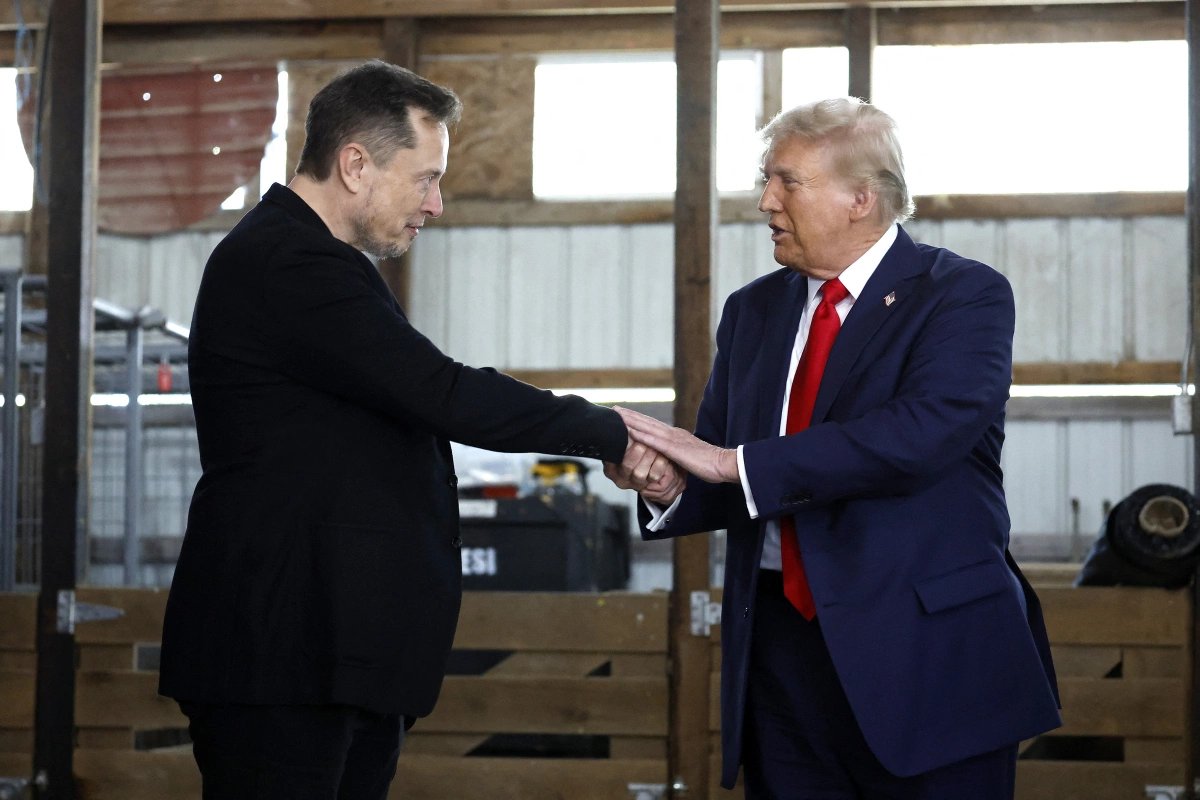
Musk, for his part, has responded to the adviser’s remarks with characteristic brevity. In a post on X, he wrote, “Appreciate the acknowledgment. Let’s focus on results, not rhetoric.”
While the message lacks the combative tone of his previous statements, it stops short of signaling full reconciliation. Musk’s business empire, which intersects with government regulation at multiple levels, remains in a complex dance with policymakers who both rely on and resist his influence.
Observers note that Musk is unlikely to fully embrace the administration’s agenda without firm assurances on issues like censorship, artificial intelligence governance, and fair treatment in federal procurement programs.
**Shared Interests: The Foundation for Cooperation**
Despite their differences, both Musk and the White House share several overlapping priorities. Both parties support aggressive climate action, energy independence, and increased investment in American innovation. Tesla’s Supercharger network, for example, is a key component of the administration’s push to expand EV infrastructure nationwide.
SpaceX, meanwhile, plays an essential role in NASA’s Artemis program and U.S. national security space operations. The company’s Falcon 9 and Starship systems have revolutionized space logistics, and its satellite broadband service, Starlink, has become a critical tool in conflict zones and disaster areas.
Given these shared interests, a more pragmatic working relationship would benefit both sides—and the nation at large.
**Media Coverage and Public Opinion**
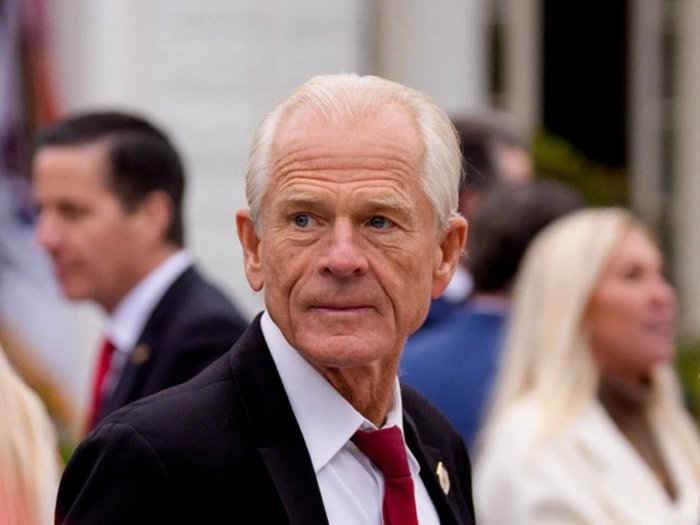
Media coverage of the spat—and the subsequent softening of rhetoric—has been intense. Major outlets like CNN, Fox News, and The New York Times have all weighed in, with opinions divided along ideological lines. Some commentators view the adviser’s new tone as a necessary step toward constructive engagement, while others see it as a political maneuver designed to save face ahead of the election cycle.
Public opinion also remains mixed. A recent Pew Research poll found that 47% of Americans believe the government should work more closely with innovators like Musk, even if their views sometimes diverge from political norms. Meanwhile, 35% believe the government should take a firmer stance against tech billionaires who wield disproportionate power.
**The Broader Implications for Tech-Government Relations**
The evolving relationship between Musk and the White House reflects a larger trend: the increasing entanglement of technology and governance. As digital platforms, electric vehicles, space exploration, and AI become more central to national strategy, the need for effective collaboration between public and private sectors grows more urgent.
This dynamic also raises ethical and regulatory questions. How much influence should private individuals like Musk have over public policy? Should political leaders accommodate disruptive innovators, or rein them in?
As the lines between entrepreneur and policymaker continue to blur, striking the right balance will be a defining challenge for this decade.
**Looking Ahead: Cooperation or Continued Conflict?**
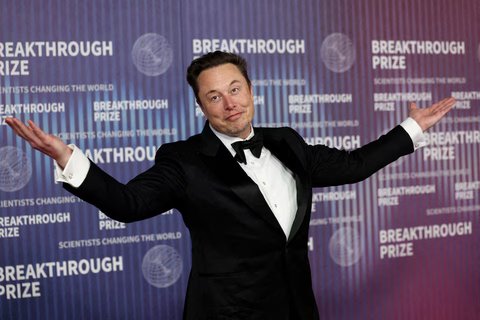
The question now is whether this apparent thaw in relations will lead to tangible cooperation—or if it’s merely a temporary pause in an ongoing power struggle. Much will depend on how both parties navigate upcoming opportunities and obstacles.
Key moments to watch include the implementation of new EV tax credits, further SpaceX-NASA collaborations, and federal decisions on internet regulation—particularly as they relate to platforms like X, which has become a hotbed of political discourse and misinformation.
If both sides can prioritize mutual goals over personal grievances, there is potential for a powerful alliance that accelerates American leadership in tech, energy, and space. If not, the rivalry may continue to dominate headlines and complicate policymaking.
**Conclusion: A Delicate Balance**
The softened tone from a White House adviser toward Elon Musk marks a notable moment in a long and often contentious relationship. While it doesn’t guarantee future harmony, it suggests a willingness to move past personal animosities in favor of pragmatic engagement.
As the U.S. faces mounting challenges—climate change, global competition, and technological disruption—collaboration between visionary entrepreneurs and policymakers will be more essential than ever. Whether this fragile détente holds or gives way to renewed conflict remains to be seen. But one thing is clear: the Musk-White House dynamic is a microcosm of the broader struggle to define the future of innovation in a rapidly changing world.
